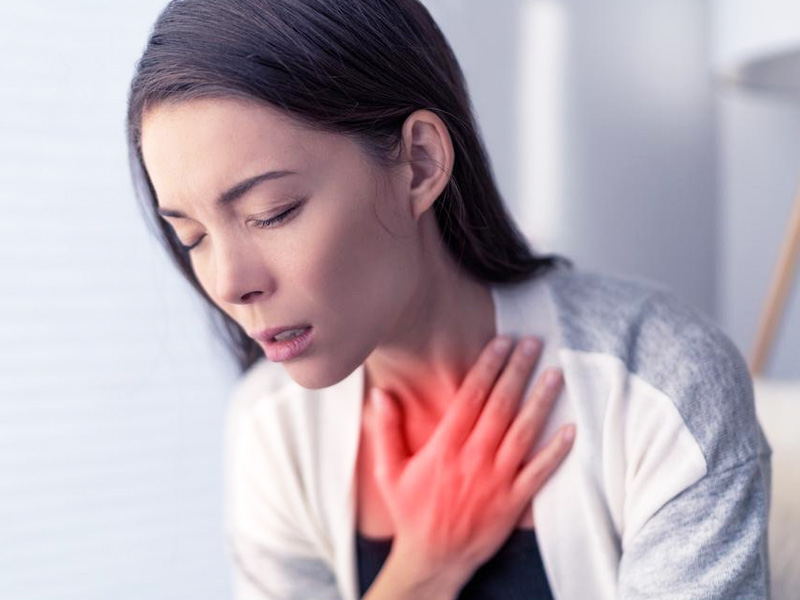Dyspnea -Your Complete Guide

Dyspnea, often known as shortness of breath, is the sensation of not getting enough air into your lungs. Your chest may feel constricted as if you are gasping for oxygen or trying harder to breathe. Dyspnea is commonly caused by heart and lung problems. If you suffer from dyspnea, immediately visit a Houston, TX emergency room.
Understanding dyspnea
Dyspnea is the term healthcare practitioners use to describe shortness of breath. You might characterize it as insufficient air (“air hunger”), chest tightness, or fighting harder to breathe.
Dyspnea or shortness of breath is a common sign of heart and lung disease. It can, however, also be a symptom of other diseases, such as asthma, allergies, or nervousness. Intense activity or cold might sometimes cause you to feel out of breath.
What is the difference between paroxysmal nocturnal dyspnea (PND) and sighing dyspnea?
The sensation of being unable to breathe for a few hours after falling asleep is known as paroxysmal nocturnal dyspnea (PND). Sighing dyspnea occurs when you sigh heavily after taking deep breaths to ease the sensation of dyspnea.
What exactly is the distinction between dyspnea and shortness of breath?
Dyspnea and shortness of breath are interchangeable terms. Dyspnea is the medical word describing the sensation of not getting enough air.
What is the difference between chronic and acute dyspnea?
Acute and chronic dyspnea differ in terms of when they occur and how long they remain. Several factors cause them.
- Acute dyspnea
Acute dyspnea can occur suddenly and linger briefly (hours to days). Acute dyspnea can be caused by allergies, worry, exertion, or sickness (such as the common cold or the flu). A heart attack, abrupt airway constriction (anaphylaxis), or a blood clot (pulmonary embolism) can all produce acute dyspnea.
- Chronic dyspnea
Chronic dyspnea is defined as shortness of breath that prevails for an extended length of time (many weeks or more) or recurs. Chronic dyspnea can be caused by chronic health disorders such as heart failure, asthma, and COPD. Inadequate exercise might also lead you to feel out of breath all the time since your muscles are attempting to receive more oxygen.
Who is prone to dyspnea?
Shortness of breath is fairly prevalent since it has so many causes. However, you may be more prone to have shortness of breath if you do not receive enough exercise or if you have:
- Anxiety.
- Anemia.
- A history of smoking.
- Heart, lung, or breathing problems.
- A BMI over 30 (overweight).
- A respiratory infection.
Your healthcare practitioner will undertake a physical exam, including listening to your lungs with a stethoscope and taking your blood pressure, to determine what is causing your dyspnea. If you are experiencing shortness of breath, make an appointment with your doctor at once.
